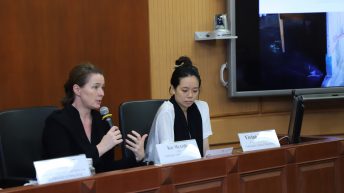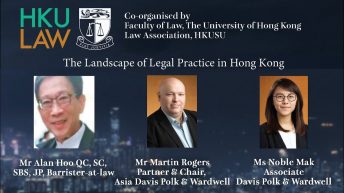Date: 17Sep 2018
The Moral Reading of Legal Pluralism by Dr Jen Hendry (Associate Professor, University of Leeds School of Law) and Alex Green (Assistant Professor, University of Hong Kong)
The seminar advances an original understanding of legal pluralism, combining a ‘non-positivist’ approach to the nature of legal rights and obligations with attention to the sociological peculiarities of those situations where a plurality of legal practices creates moral difficulty. We argue that legal pluralism exists where: 1) two or more sets of practices each purport to govern the same set of people; 2) each such set of practices is capable of giving those people (pro tanto) moral obligations; 3) it either is the case, or the relevant actors believe it to be the case, that some of the obligations arising from one set of the relevant practices conflict with some of the obligations from the other set(s); and 4) that no institution has sufficient moral legitimacy or authority to adjudicate upon the matter.
Alex Green is an Assistant Professor at the Faculty of Law, University of Hong Kong. He studied at University College London Faculty of Laws for his Bachelors (LLB Hons 2009), Masters (LLM 2010), and PhD (under examination), the latter funded by the Modern Law Review. Alex is interested in legal and political theory, moral philosophy, private law, public international law and human rights. His current research concerns the moral nature of legal statehood and its role in determining the content of public international law.
Jen Hendry is an Associate Professor in Law and Social Justice at the University of Leeds School of Law, and a graduate of the Universities of Glasgow (LLB Hons 2002) and Edinburgh (LLM 2003), and the European University Institute (PhD 2009). She researches in the fields of social and legal theory, socio-legal studies, and comparative legal studies, and is currently writing on issues of indigenous justice and legal pluralism. Jen is Director of the School’s Centre for Law and Social Justice, Vice-Chair of the Socio-Legal Studies Association (SLSA), and member of the ESRC peer review college.




